Estimated Stimulus Numbers for Washtenaw County
/
WATS has recieved preliminary instructions from the Federal Highway Administration as well as the Michigan Department of Transportation on how to plan for a possible economic stimulus package.
A letter from the Director of the Michigan Department of Transportation, Kirk Steudle stated that Washtenaw County should plan on $6,916,632 in urban and $687,260 in rural funding from the stimulus pacakage in addition to the annual allocation of federal funds.
In order to be eligible for the stimulus funds, transportation improvements will need to be "shovel ready". This means that work, in general, must be ready to go within 180 days of the stimulus funds being available.
In order to coordinate appropriate expenditure of the funds, WATS has been working with local communities and transportation agencies to make sure that projects are included in the necessary documents and have gone through an appropriate public process. The stimulus funds will likely need to be treated under the same guidelines as the existing Surface Transportation Program. As such, the projects will need to be included in the WATS and SEMCOG Transportation Improvement Programs as well as the State Transportation Improvement Program.
The Federal Highway Administration has placed a list of FAQ's on their website. Questions and answers can be found by clicking here.
If you have any questions about the economic recovery package feel free to leave a comment with your question or email WATS at wats@miwats.org
Check the WATS blog and website often for up to date information about this topic.
A letter from the Director of the Michigan Department of Transportation, Kirk Steudle stated that Washtenaw County should plan on $6,916,632 in urban and $687,260 in rural funding from the stimulus pacakage in addition to the annual allocation of federal funds.
In order to be eligible for the stimulus funds, transportation improvements will need to be "shovel ready". This means that work, in general, must be ready to go within 180 days of the stimulus funds being available.
In order to coordinate appropriate expenditure of the funds, WATS has been working with local communities and transportation agencies to make sure that projects are included in the necessary documents and have gone through an appropriate public process. The stimulus funds will likely need to be treated under the same guidelines as the existing Surface Transportation Program. As such, the projects will need to be included in the WATS and SEMCOG Transportation Improvement Programs as well as the State Transportation Improvement Program.
The Federal Highway Administration has placed a list of FAQ's on their website. Questions and answers can be found by clicking here.
If you have any questions about the economic recovery package feel free to leave a comment with your question or email WATS at wats@miwats.org
Check the WATS blog and website often for up to date information about this topic.




